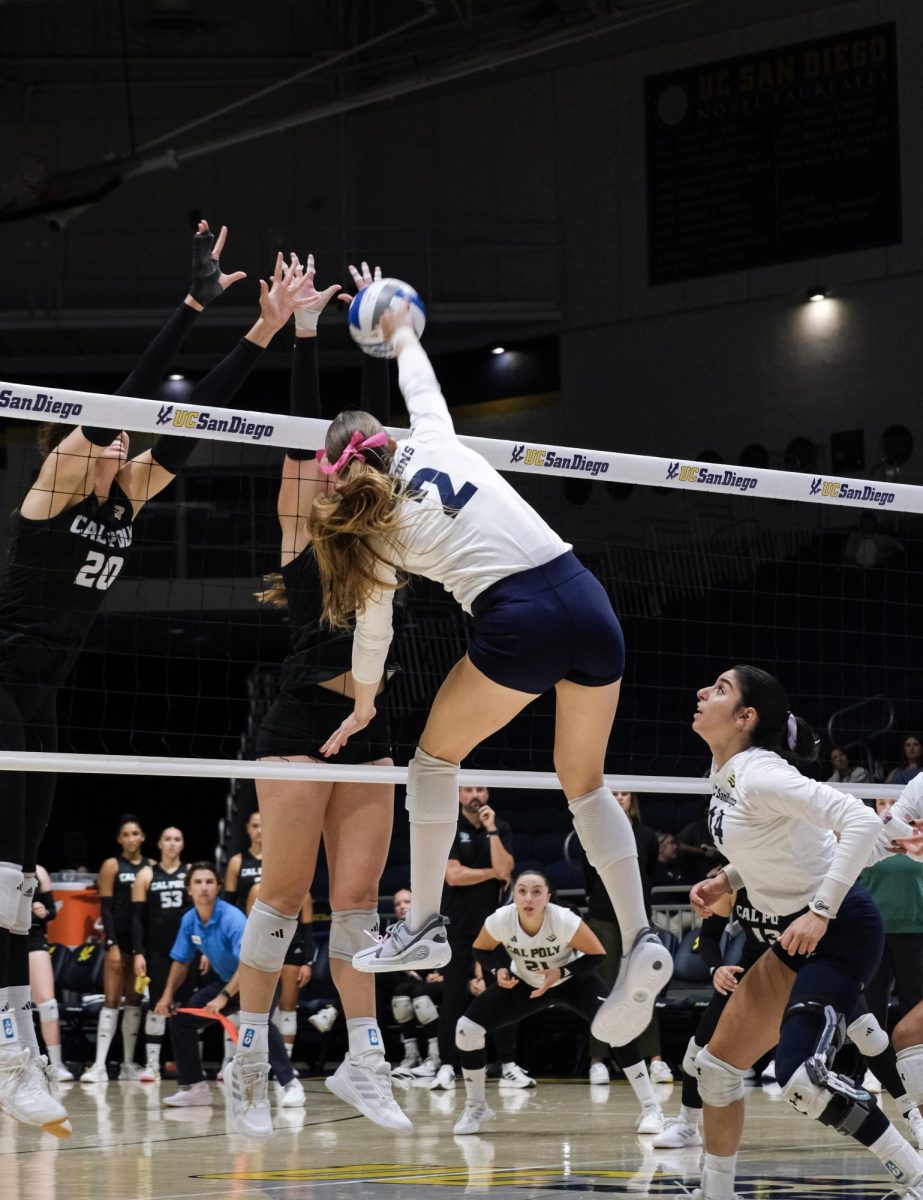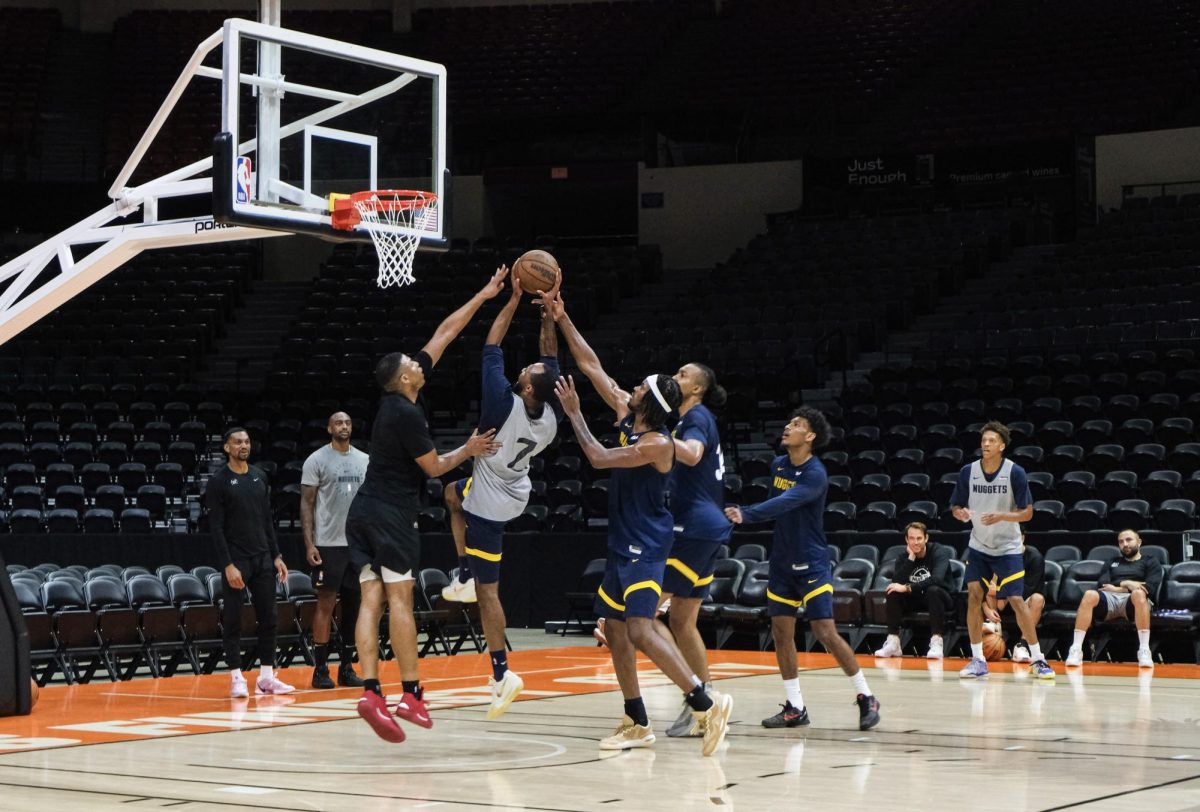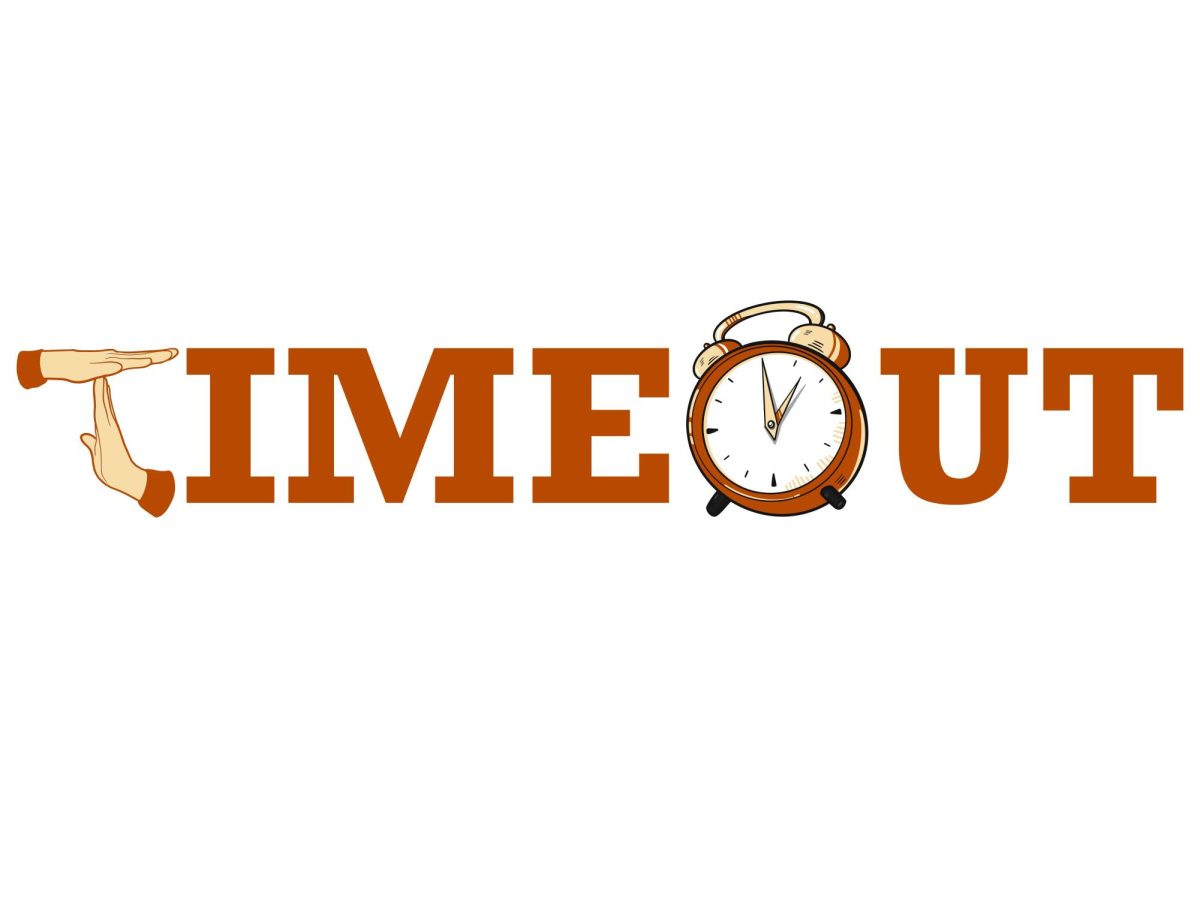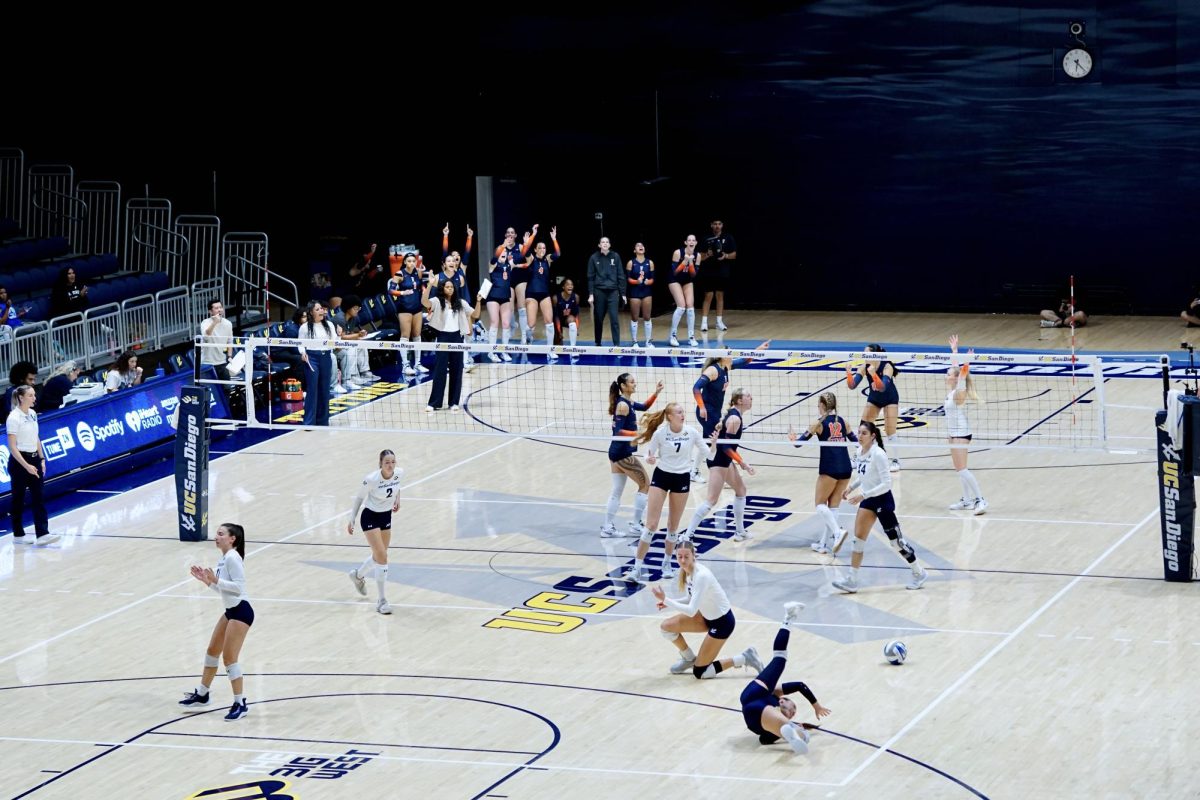Hi, I’m second-year sports editor Jack Dorfman. In this column, I’ll take a timeout from discussing specific UC San Diego coaches and student-athletes and instead tackle topics related to sports more broadly, whether at UCSD or within professional leagues.
My time had come; my number had been called. Baseball was the subject of national discussion on Thursday, Jan. 16, as part of a discursive explosion surrounding the Houston Astros’ cheating scandal, and as the biggest baseball fan in the lives of many of my friends, I became a resource more valuable than gold. Many of the group chats I’m a part of devolved into chaotic Q & A sessions, with myself not-so-firmly grounded as the center of attention.
While screenshots of social media tirades and accusations swirled through my head and darted across my phone screen, I was peppered with all sorts of questions. What exactly is going on with the Astros? Why are the buzzers a big deal? Does it really matter if you know what pitch is coming? Why aren’t more teams doing this? How come the Astros only got fined $5 million?
If my only goal was to try and add to the maelstrom of unprofessional opinions surrounding the scandal, I may have sought to answer all of these questions in this very article. In fact, that was my first reaction to fielding all of these questions, maybe I should just write an article about it.
And I guess I’m still doing that. But instead of going through the grit and grime of the scandal, I decided to take a step back and attack the issue from the perspective of a student of sports rather than as an expert or a super-fan.
Realistically, even if I know the literal answers to many of the questions being asked of me, they carry much less weight than questions I was asking myself about the same situation.
Is the sports world, and specifically the baseball world, my preferred place of refuge since I can remember, really just like the world I brave every day? Is there really just as much profit-mindedness, purposeful inequality, and exploitation in baseball as there is in any industry?
The intuitive answer is yes, and for someone less connected to the game than me, I probably could have come to that answer without needing to see the breadth of the ‘Trashtros’ scandal play out on social media first. But because I have buried myself underneath so many different layers of sports mud, I really am a bit desensitized when it comes to the inherent problem areas found within it. At least I got to the necessary conclusion, right?
Through all of the fog, one idea shone through. All of the cheating and the accusations and the cruel social media assaults served to remind me of something I read from David Halberstam, one of the greatest American writers of the 20th century, which I’ll just paraphrase here: Sports may mirror society, but sports don’t heal society, they just distract from the pains, struggles, and anxieties of everyday life.
Instead of focusing on impeachment and impending war with Iran, millions of people all reacted and watched others react to the downfall of one of the most successful baseball teams in recent memory, one that notably has done a great job of isolating itself through poor media relations and insensitive stands on women’s rights and domestic violence. No one will remember the exact date, but many baseball fans will likely remember the outpouring of spiteful remarks and absurd claims that stemmed from the Astros’ cheating scandal. That sort of cultural significance is important, and the common distraction served to connect many people, baseball fans and otherwise, to ironic and comedic limbs of the scandal (like the many trash can jokes that popped up online) is probably more positive than negative.
What is negative is deeper than the immoral connection of cheating in sports and the short-cut laden business world we live in today though. This relatively insignificant scandal is alluring because it is entertaining in a way that it is uncommon and unexpected, and because of that, many respected athletes and sportswriters have opinions known.
What’s really disappointing and frustrating about this scandal is how weightier moments in recent baseball history, like the potential downsizing of the professional baseball minor leagues, the painkiller epidemic, the penalties for domestic violence, or the circumstances of poor, underrepresented Latin American players and their journeys stateside, all received far less air time and thought from most people. The things most deserving of our time and attention have received the least attention in this instance.
And unfortunately, that tracks with much of sports media’s current moment. Highlight videos flaunt expensive shoes and jerseys instead of the camaraderie of the team or the struggles of the players whose last option is on the court.
Of course, bastions of these sorts of stories still exist, and sometimes they come from the same outlets that bring us the flashy dunks and that fetishize $500 custom-made kicks. But the stories that generate the most buzz, and thus the most clicks, are the ones that provide some sort of easily-digestible and easily repostable material, which means drama, scandals, personal attacks, and conspiracy theories, which reminds me a lot of the rest of the entertainment and news industries.
Certainly, the world of sports has moments of perfection, with players and managers visiting hospitals and donating massive sums of time and money to charities and their hometowns. But as a sports fan, I think especially today, during a time of a sports entertainment ‘glut’ as Halberstam has said, it is important to be aware of all angles. Sports is no longer just a game, an innocent pastime of semi-professionals having a good time for a few thousand people. It is a mega-industry, with trillions of dollars on the line, and as such, inherent morality should not be assumed.









m. egers • Jan 31, 2020 at 5:19 pm
This is a well thought out article and seems to be written by a much older professional writer. I foresee a successful career for Jack Dorfman.
M. Egers